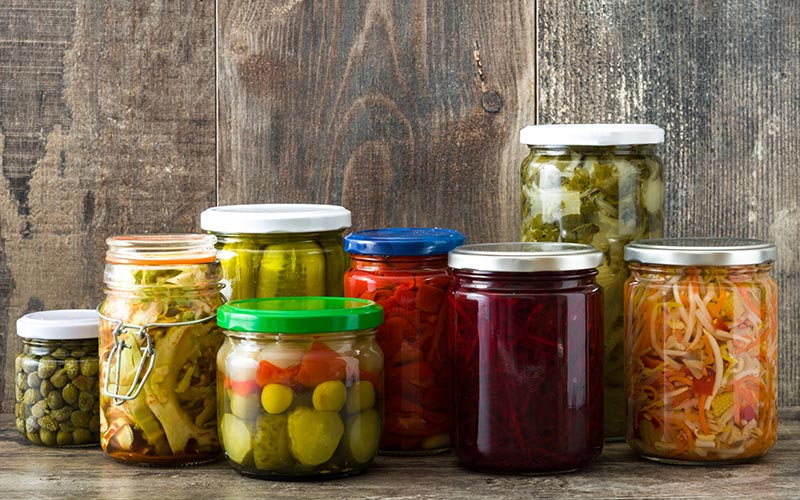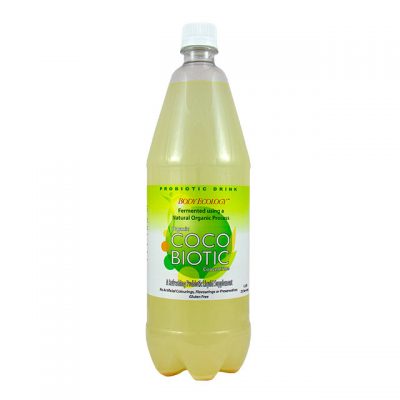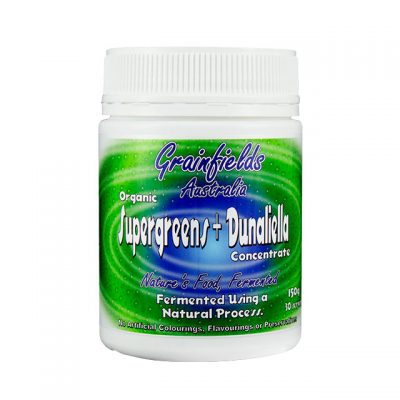Why we should all have fermented foods in our diet
Fermented foods have a long history. Since Ancient times people throughout the world have used fermentation to preserve meats, dairy products, grains, fruits and vegetables.
Sauerkraut made from fermented cabbage which is high in vitamin C often served as military rations in armies such as the Mongols to help prevent scurvy. Nomadic tribes in the deserts of Africa fermented milks from their buffalos, camels and goats to make yoghurts and cultured sour tasting drinks. Peasants in Russia made a beverage called Kvass by fermenting rye bread.

Sauerkraut made from fermented cabbage served as military rations in armies such as the Mongols.
This same fermentation method now known as lacto-fermentation made use of the naturally occurring bacteria within the source food.
So, lets fast forward to modern times. Fermented foods and the friendly bacteria from the Lactobacillus family have been well-researched and documented by Scientists, Authors and Health Experts. Not only do they inhibit the growth of pathogenic organisms which are detrimental to good health, but they also improve the ability to effectively digest, process, detoxify and absorb nutrients from foods. Regular consumption of the Lactobacilli in fermented foods helps establish the right balance of microflora in the gut which in helps reduce infections and disease.
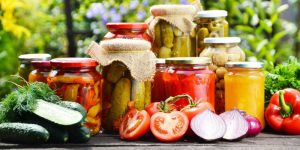
Feast on Fermented Foods
Particularly in the Western world, the Lactobacilli or friendly bacteria which were once found in our food chain on all living things are not a prolific as they once were. Due to modern day farming practices and food processing the bacteria that was inherent in our foods is often killed off by pesticides and processes which use chemicals.
Foods which are still made today using lactobacillus fermentation include sour breads, buttermilk, cheeses, coffee, crackers, cucumber pickles, kefir, miso, sauerkraut, cured meats like salami and yoghurt. Unfortunately, some of these products have also been processed using modern techniques such as high heat pasteurisation, which effectively kills off all the bacteria– good and bad.
Stress, antibiotic therapy and bad diet can also deplete our digestive systems of these essential microbes. This is where Grainfields naturally fermented foods can help by introducing these much-needed good bacteria back into our diet.
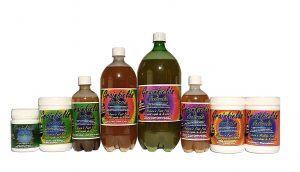
The Grainfields range of products
The Grainfields range of products were developed because not everybody has the time to ferment their own foods and drinks at home. At AGM Foods we do all the work for you. We take the finest ingredients and ferment them with our natural Flora Ferm process which puts the good bacteria in our products just as nature intended.
At AGM Foods, it is our priority to use pesticide free and organic foods. We do not use laboratory produced or synthetic bacteria. Our range of products are fermented using friendly strains of bacteria that have been grown from natural food ingredients. Grainfields products are quite simply fermented foods and beverages with benefits
References
- Yoghurt. William Helerich & Dennis Westhoff. Published by Prentice Hall, a Spectrum book.
- Lactobacillus Acidophilus. American Institute of Biosocial Research Inc. 1989
- The Body Ecology Diet by Donna Gates
- The Second Brain by Dr Michael Gershon

